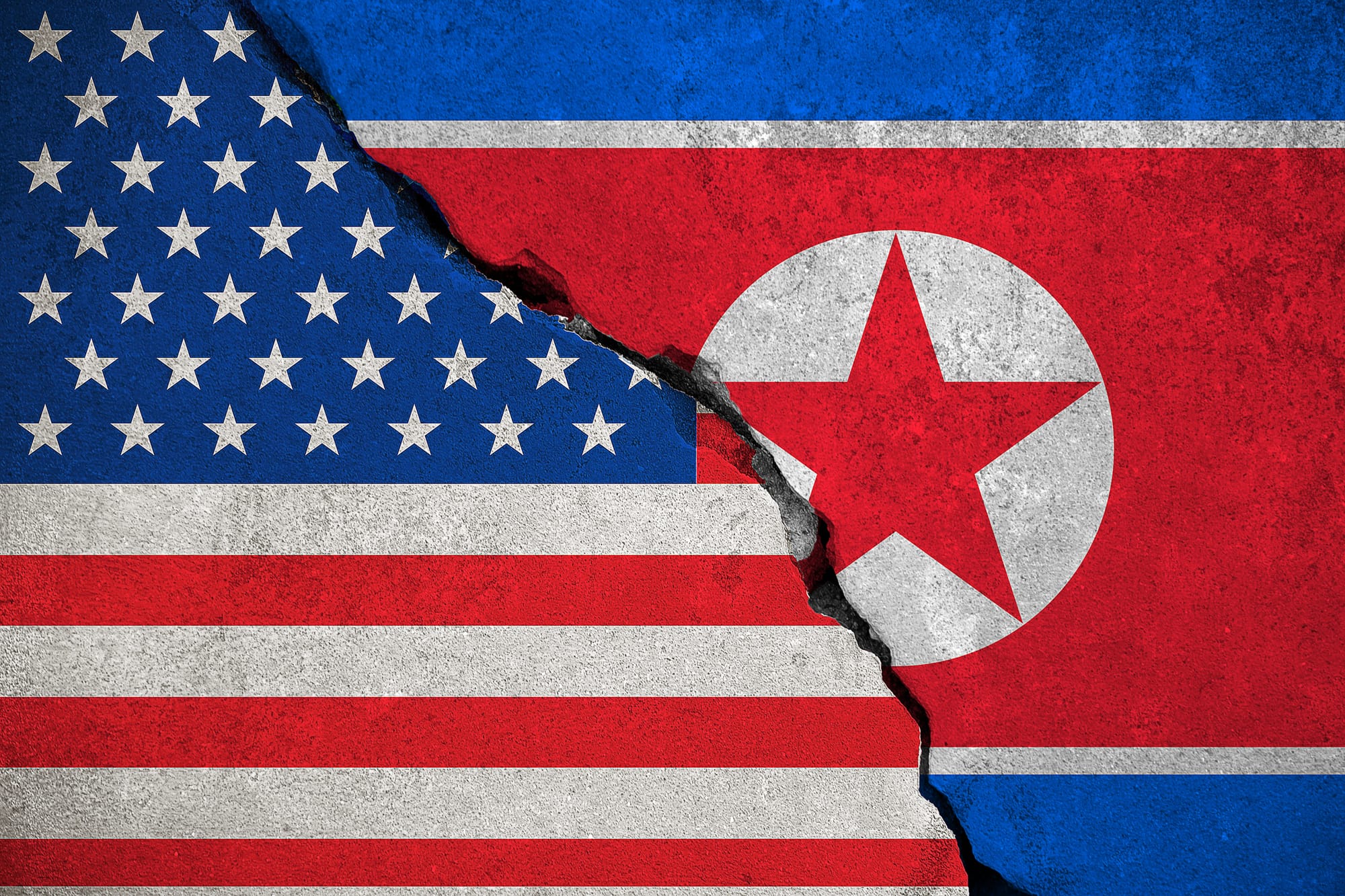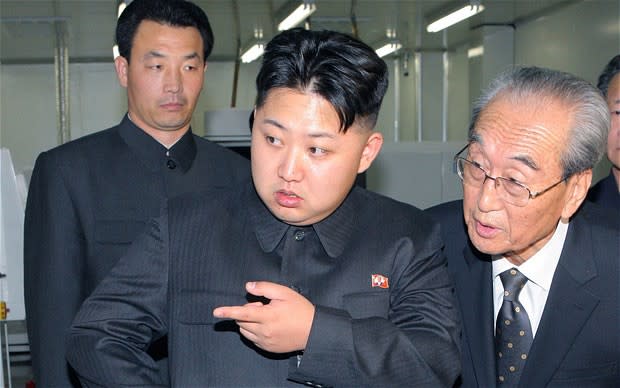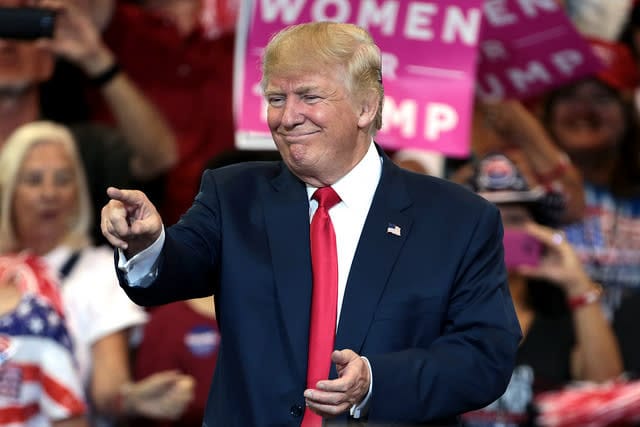
Since early 2017 North Korea has intensified its missile launches and resumed its nuclear tests, firing missiles over Japan and threatening to strike the US territory of Guam. Pyongyang and Washington have been engaged in a war of words since Donald Trump’s inauguration, with Kim Jong Un and the new president trading personal insults amid threats of mutual annihilation.
With tensions running so high there are many questions about the North’s behaviour and a great deal of anxiety over the Korean peninsula in general.
How dangerous is the situation?
It is dangerous because with the escalating rhetoric and game of chicken between Donald Trump and Kim Jong Un, there is a chance that one side will miscalculate and trigger a second Korean war. But we should remember that we have witnessed at least three major crises on the peninsula over the past few decades. In 1968 there was the Pueblo Incident and the attempted assassination of South Korean President Park Chung Hee; in 1976 we had the DMZ Axe Murder Incident, and from 1993 to 1994

there was the First Nuclear Crisis. On each occasion, tensions were lowered under the leadership of different US administrations. Nixon withdrew US troops from the South, Carter pushed for inter-Korean talks and Clinton engaged the North through the Agreed Framework. As before, there is no doubt that the US will play a key role in reducing current tensions on the peninsula. The only question is when?
Is there a military solution?
Yes, but it would be a catastrophe. There is no doubt that if the US/ROK forces and the DPRK forces went toe-to-toe, the Pyongyang regime would be obliterated. The North’s leadership is well aware of this, but the destruction would be devastating for the Korean people. Historically, when states on the Korean peninsula go to war they draw in larger allies, and if

China is drawn into the conflict (they have signed a treaty to support the North in the event of an attack) this risks a larger regional and international conflict. Few US policymakers will seriously be thinking about attacking the North, because they will have been briefed about the risks of conflict with China by the US military.
However, accidents can always happen.
What effect do sanctions have?
Andrei Lankov, the grandfather of North Korean studies, once said that sanctions are only good for one thing—for politicians who have no idea what else to do to placate their electorates. Lankov may be exaggerating somewhat, but he does have a point. North Korea is one of the most heavily sanctioned states in the world, but it shows no sign of modifying its behaviour. In actual fact, recent statistics suggest that the North’s economy is growing. This would confirm previous findings about the inefficiency of sanctions. The last time North Korea was hit with severe sanctions, during the early 2000s, its economy also grew. Recent research into the workings of the North Korean economy also suggest that while sanctions have hit official commerce, unofficial cross-border trade has increased. It is commonly acknowledged that there has been a massive bottom-up marketisation in the North since the famine and the economic collapse of the 1990s. In order to make ends meet, ordinary North Koreans have been crossing a porous border with the People's Republic of China (PRC), illegally working or bringing back goods to trade at home. Successive efforts to clamp down on such activities have been unsuccessful and Pyongyang seems to have resigned itself to the fact that such capitalist activities are a feature of the post Kim Il Sung North Korea. These unofficial activities may be part of the reason why sanctions seem to have little effect.
Is the North Korean regime irrational?
No. I doubt the North is a very pleasant place to live, and the country has an appalling human rights record, but that doesn’t make it irrational. The current crisis was very predictable; Lankov’s book The Real North Korea (2013) saw it coming a few years ago. Pyongyang has a very clear idea about what it wants and how best to achieve it. It seeks regime survival at all costs, and the best way to achieve this is to retain its nuclear capacity; otherwise it fears it will go the same way as other dictatorships—Gadaffi in Libya or Saddam Hussein in Iraq. Washington, on the other hand, has clear ideas of its own, centring around reunification by South Koreanisation, but it has little in the way of consistent short- or long-term strategies that might bring this about.
Should there be talks?
There is no good solution to this, but I believe there should be talks. Members of the Trump administration have known this for a long time and they are engaging with Pyongyang. The first step towards defusing the crisis will be to accept the reality of a nuclear North Korea. The North won’t negotiate away its nuclear capacity. What Pyongyang may negotiate in return for some concessions, however, is the ‘Three Nos’—no more nukes, no weapons improvement program, and no nuclear proliferation. The North would probably welcome aid packages, an end to sanctions, a peace treaty formally ending the Korean War, and many other negotiable strategies. How long both sides would stick to their side of the agreement is anyone’s guess. Both sides have broken agreements in the past. Rewarding Kim Jong Un for firing missiles over allies will be seen as appeasement, but there is one advantage. If the North were to maintain a freeze on nuclear tests and firing missiles it would be unable to test out its military hardware. At the moment, it is getting plenty of opportunity to test its missiles and nuclear bombs and is improving its capacity rapidly.





